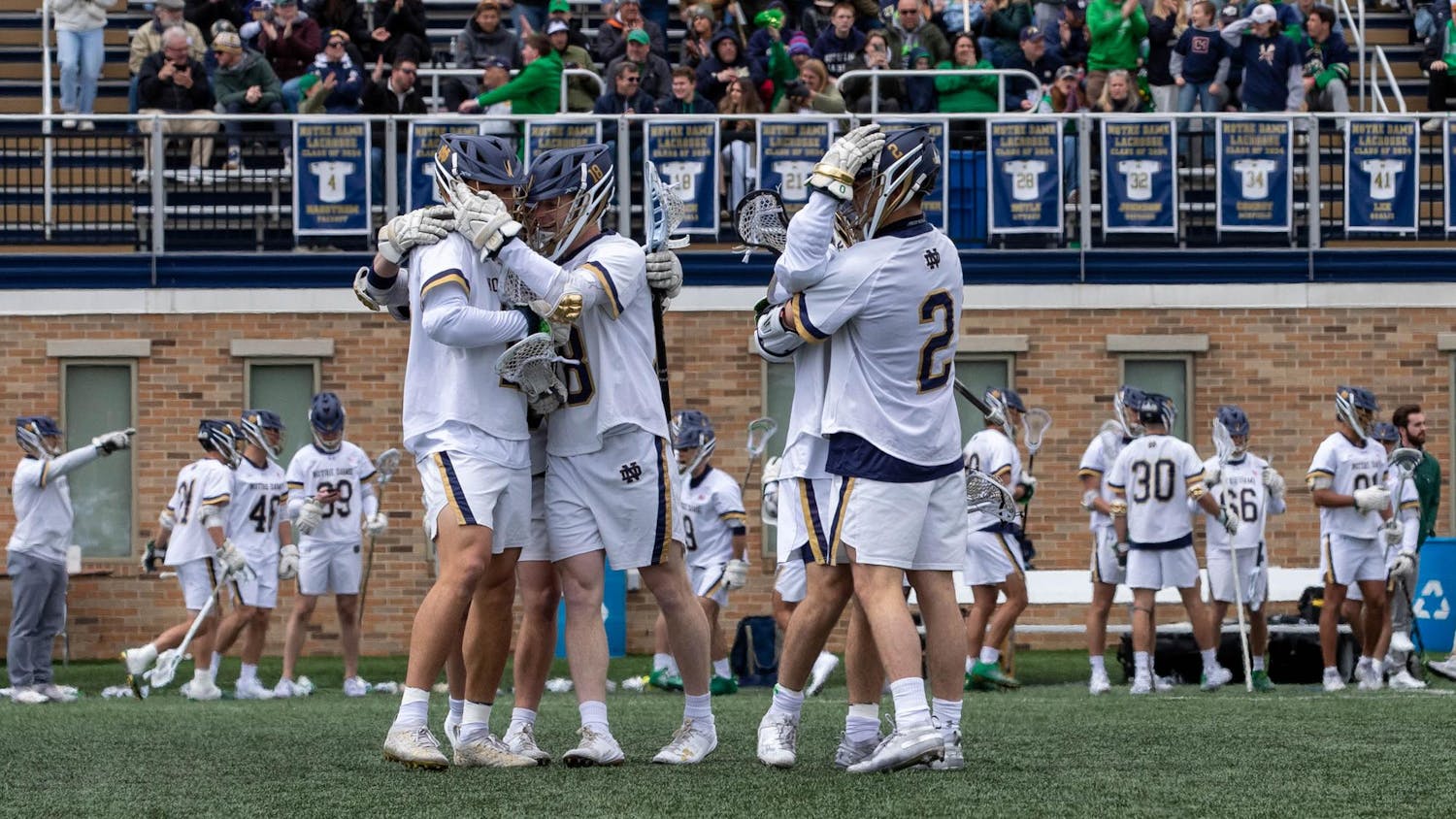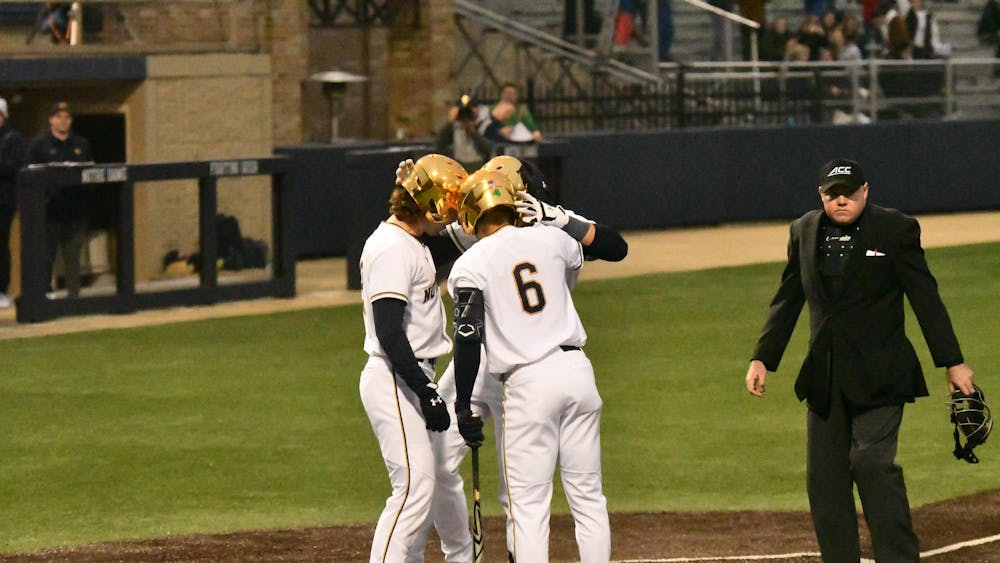In my last Sports Authority, I noted that the upcoming ANA Inspiration, the first LPGA major of the season, would not garner the attention it deserved. And I was proven wrong. The ANA Inspiration became one of the most talked-about storylines in golf, despite the fact that it took place the week before the Masters. But it was for all the wrong reasons.
Lexi Thompson, the 2014 champion of the event, was poised to win once again, as she held a two-stroke lead until, between the 12th and 13th holes Sunday, Thompson was notified that she had been assessed a 4-stroke penalty — two strokes for marking her ball improperly on the 17th green during the third round and two more strokes for signing and turning in an incorrect scorecard, one that did not reflect the penalty she had not known about at the time. After dropping from 13-under-par to 9-under-par in an instant with six holes to play in the final round, Thompson was visibly upset but handled the situation with poise. She rebounded like a champion, finishing in a tie for the lead at 14-under and forcing a playoff, although she ultimately fell in that playoff to So Yeon Ryu.
While there are plenty of problems with this, what I find most difficult to accept is the fact that the penalty resulted from an email from a fan who notified the Tour of Thompson’s improper marking based on what had been seen on television. An official review took place and the 4-stroke penalty was the result.
In my mind, that just is not right. The idea of “calling in” penalties is problematic for a number of reasons.
First and foremost, not every shot is shown on television. It simply can’t be. The shots that are shown are either the best of the best, the worst of the worst or the ones that come from the leaders or big names. This means that not every shot has the opportunity to be policed by the entire world. It gives an unfair disadvantage to those who are featured on television more frequently. A leader is more likely to be penalized than someone whose round does not merit TV time. And on Thursday or Friday especially, a player who is not being showed frequently on television because his or her round or shot does not make the cut is more likely to be able to get away with a minor rules infraction than one of the leaders. But at that early point in the tournament, he or she still has plenty of time to earn a spot among the leaders.
Secondly, allowing viewers to “call in” penalties gives them the chance to essentially play favorites in looking for penalties. If I were not a Lexi Thompson fan and I actively did not want her to win the event, I could comb through every inch of film from her round until I found an infraction, ignoring the fact that there is a full field of other players who more than likely have small rules infractions buried in there as well.
Golf is supposed to be a self-policed game. That is one of the things that sets the sport apart. Golf is a game of honor. I highly doubt Thompson intended to mark her ball improperly. It would not have helped her all that much, and, as Phil Mickelson said, it is something that commonly occurs on the PGA Tour as well. Thompson walked off the 18th green in tears after her final round before issuing an apology for her unintentional mistake. She handled a difficult situation in the classiest way possible
The LPGA and the rules officials handled the situation wrong. If a penalty were going to be assessed, it should have been before Thompson teed off Sunday, not more than halfway through her round.
Thompson is not the first player to fall victim to “called in” penalties, and she will not be the last. But she should be. The Tours need to stop inviting rule inputs from viewers at home. These retroactive penalizations mar championships, events that should be glorified. Let the players play.













